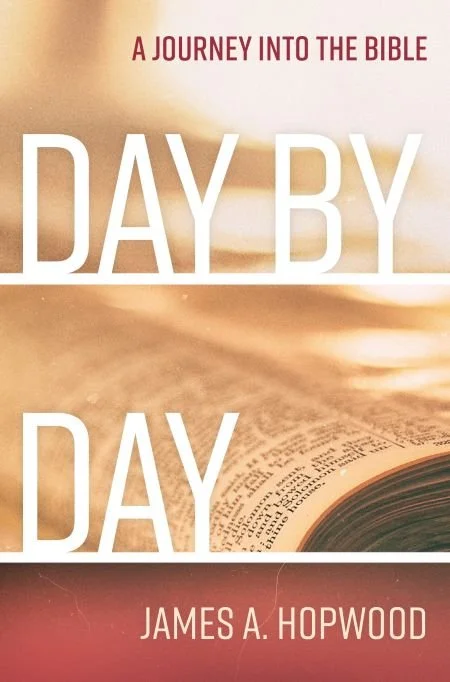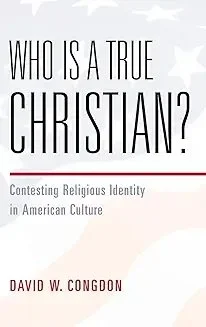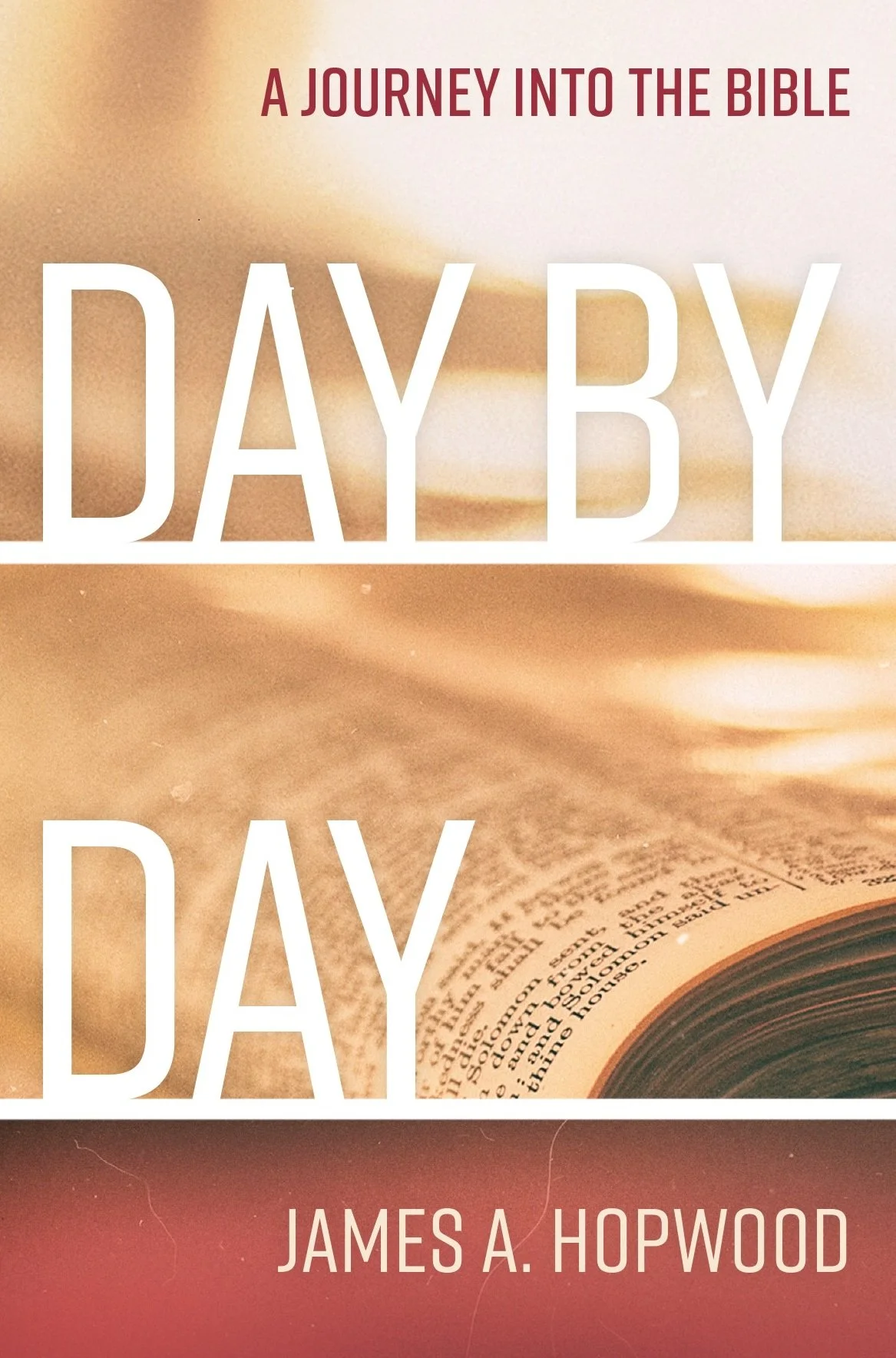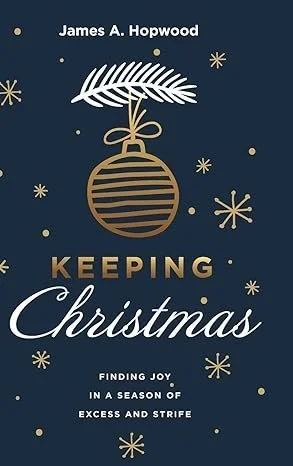
A Taste of the Faithful Life
Welcome
I’m a retired United Methodist pastor who can’t shake the notion that I have thoughts worth sharing with others. Here you’ll find some random ruminations on life as well as sermons, essays, and comments on current events. I offer these humbly as a taste of the faithful life, just as another Rev. James once offered his ale as a taste of the good life in Wales. Naturally, I’m also promoting my latest book. Enjoy!
Full Blog Archive
- February 2026
- December 2025
- November 2025
- October 2025
- June 2025
- May 2025
- April 2025
- February 2025
- January 2025
- December 2024
- October 2024
- September 2024
- August 2024
- July 2024
- June 2024
- May 2024
- April 2024
- March 2024
- February 2024
- January 2024
- December 2023
- October 2023
- August 2023
- July 2023
- June 2023
- March 2023
- February 2023
- October 2022
- August 2022
- July 2022
- June 2022
- May 2022
- April 2022
- March 2022
- February 2022
- January 2022
- November 2021
- September 2021
- August 2021
- July 2021
- June 2021
- May 2021
- April 2021
- March 2021
- February 2021
- January 2021
- December 2020
- November 2020
- October 2020
- September 2020
- August 2020
- July 2020
- June 2020
- May 2020
- April 2020
- March 2020
- February 2020
- January 2020
- December 2019
- November 2019
- October 2019
- September 2019
- August 2019
- July 2019

















